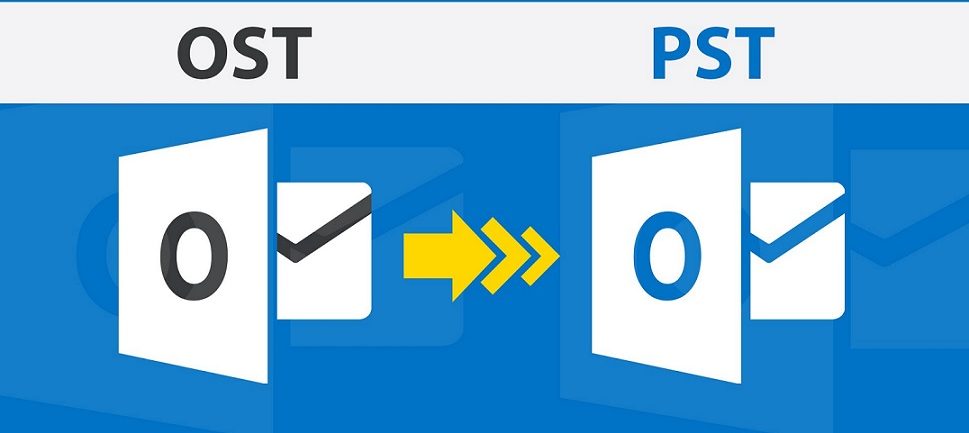Hiring and managing employees within a business used to be easy. Okay, somewhat easy, but with the introduction of remote working, things have become slightly more complicated and different. Whether you were using remote team working in your business already, or you’ve been using it since the rise of COVID-19, there are some things you need to know.
Most notably, the way you hire best talent to work and manage them is far different than what it used to be. After all, you can’t just get candidates from the other side of the world to come to your office for an interview or meeting. There are some management tips you’re going to need to know to make remote working a success, which is what we’re focusing on today.
Look for People Who Can Work at Home
It’s true that not everyone has what it takes to working from home, and there’s a certain kind of mind set and drive you need to be able to work in this manner, at least productively. It doesn’t matter whether you’re moving your existing staff into a remote working process, or you’re hiring work-from-home employees, you need to pick the right people.
You need to look for independence in your chosen people, and the ability to communicate effectively. Communication is key when it comes to remote working, and you should prioritise this ability in your search.
Hire in Relation to Your Goals
When you’re hiring people to remote work, you need to ensure the hiring process is creating in correlation with your remote working goals. Some of the things you’ll need to consider include what kind of work you’re trying to complete, what type of experience you’re trying to give your customers, and what kind of direction you want your business to go.
For example, if you’re trying to hire remote workers so you can expand into a new market, you’re going to want employees who are charismatic and good with people. You want people who are driven and are capable of seeing the bigger picture.
It’s About Goals and Progress
One important thing to remember when working with remote employees is that many employees in this line of work prefer to work on their own, hence why they’re working from home and not with others. This is why it’s essential to look at how well someone is achieving their goals and meeting deadlines, etc., not how much time you get face to face.
Just because someone is always emailing and calling you, that doesn’t mean they’re actually getting the job done. One study found that a lot of people fake an 80-hour workweek, meaning they think they’re busy getting stuff done, but they’re not actually working on something. Bear this in mind when working with remote workers.
The best way to track things like this is to set clear goals and targets for people to aim for, and make sure you have weekly meetings so you can accurately gauge progress and ensure everything is being done like it’s supposed too.
Interact with Your Remote Employees
A key point to remember; when you’re with remote employees, you need to make sure you’re engaging with them as much as possible in a balanced and fair way. Unlike working with people in a physical building, you’re going to see them, and you’re not going to be able to chat casually.
This means you need to make a special effort to make sure you’re including your remote employees and making them feel as though they’re a valued part of your business. If you don’t, sooner or later your employees will start seeking new opportunities, and they’ll go and work elsewhere.
In this situation, engaging in small talk is a good idea.
Try to Use Video Communication
Many businesses have really started to implement this already, but if you haven’t, here’s the lowdown. It’s easy to text and email employees just off-the-bat and then forgets about things, but this is very impersonal and pushes people away. Employees don’t want to be seen as just text on a screen.
Instead, try to implement video conversations where you can. There are plenty of inexpensive solutions out there for you to try, including Skype, Google Hangouts, and the now massively popular Zoom, meaning there’s never been a better time to try it for yourself.
Always Hold One on Ones
One on One meetings is essential when working with remote workers because, hand in hand with everything I’ve said above, you need to make sure you’re connecting with your employees and making them feel like a crucial part of the team.
It’s important you hold these meetings regularly and you never, ever cancel them. This creates a power dynamic problem, because, as a manager, you’re saying I’ve got more important things to do than talk to you, and that’s not good management.
Respect your remote workers as employees and treat them the best you can through the hiring process and into employment and you can be sure you’ll have great workers who work amazingly in a team.
Author Bio:
Ashlee Jones is a recruiting manager at Gumessays.com. She adores helping businesses and application candidates connect with the right parties to help successful thrive in all its many forms.










